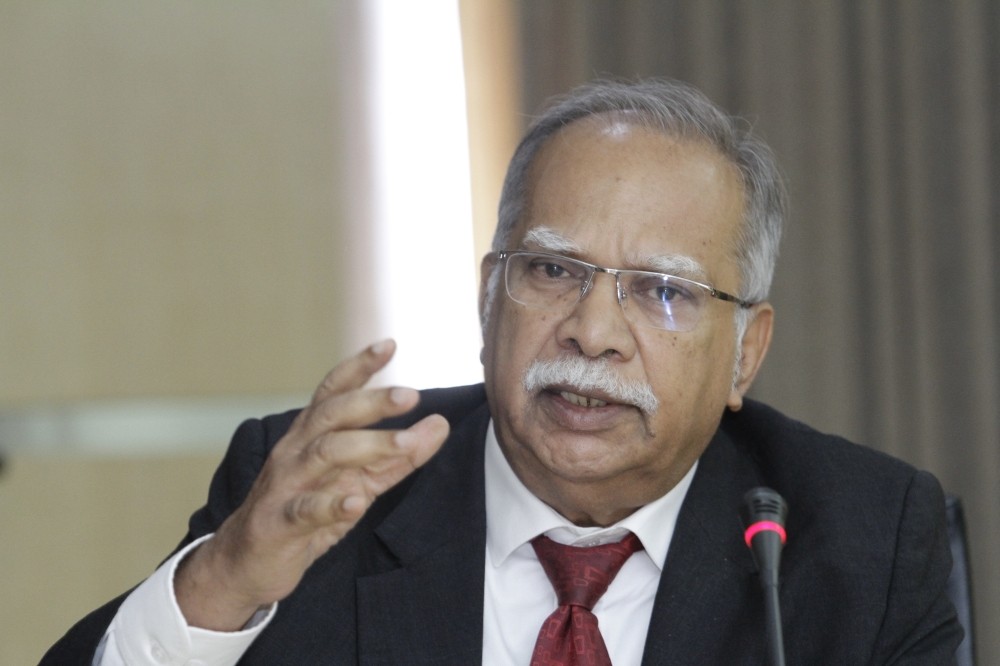WHILE it is nice to hear that the government is mulling the idea of employing refugees and asylum seekers in the plantation sector, their humane treatment must not be compromised, said Penang deputy chief minister Prof Dr P. Ramasamy.
The Penang DAP deputy chairman recalled that during the periods of labour shortage in the country, there have already been numerous suggestions that the government give approval to refugees, asylum seekers and even remand prisoners to work in the plantation sector, among others.
“However, the lack of imaginative leadership derailed the deployment of these categories of workers,” he lamented.
Ramasamy’s comment on the matter comes following Deputy Prime Minister Datuk Seri Fadillah Yusof’s announcement yesterday (March 4) that the government, under the National Security Council (MKN), is reviewing and studying the possibility of allowing refugees and asylum seekers in Malaysia to work temporarily in the plantation sector to overcome the workforce shortage issue.
Fadillah, who is also Plantation and Commodities Minister, said during the wind-up session of the Supply Bill 2023 at Dewan Negara that currently the government, under MKN, clearly bans refugees or asylum seekers from working in all sectors in Malaysia, including the plantation sector.
On this matter, Ramasamy noted that labour shortage seems “quite acute” in the plantation sector with Malaysians having long given up on working in this sector.
As such, the plantation sector has become the mainstay of foreign workers although their presence is insufficient to make up for the labour shortage.
“While there is nothing wrong with employing refugees and asylum speakers, it is hoped that these categories of workers are paid decent wages and allowances,” he remarked.
“Their unenviable status should not be used or manipulated by the plantation capitalists to exploit them not only in the payment of decent wages but also in providing them with proper housing.
“As such, the government and the Human Resource Ministry must ensure that employers comply with the laws.”
Commenting on Fadillah’s remark about the modernisation of equipment and planting methods in the sector, Ramasamy further pointed out that while technology can assist in the externalities such as weeding, aerial surveillance and transport, it is doubtful that mechanisation can cover all aspects of the plantation industry especially in terms of production.
“Even if mechanical harvesting is introduced in the plantations, it is too costly, cumbersome and has no practical relevance,” he remarked.
“Since the plantation industry is predicated on the use of cheap and malleable labour, the talk of mechanisation has little or no practical relevance.”
Fadillah told the Dewan Negara yesterday that his ministry is always committed to implementing various methods to modernise equipment and methods of planting in the oil palm sector, including intensifying the promotion of mechanisation and automation through the Mechanisation and Automation Research Consortium of Oil Palm (MARCOP).
His ministry and industry players also funded MARCOP through matching grants of RM60 mil in 2021 and MARCOP has received 23 applications so far, he added.
RM50 mil in funds have further been prepared this year through matching grants as announced during the Budget 2023 to encourage automation and plantation through the use of robotics and artificial intelligence (AI). – April 5, 2023
Main pic credit: The Star









